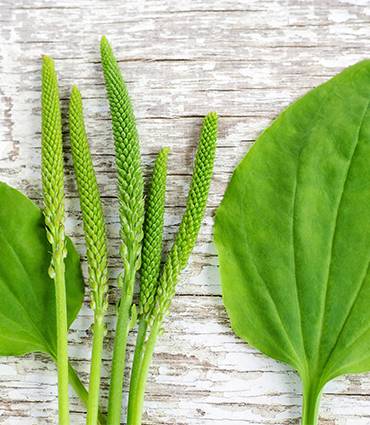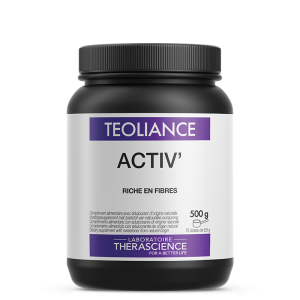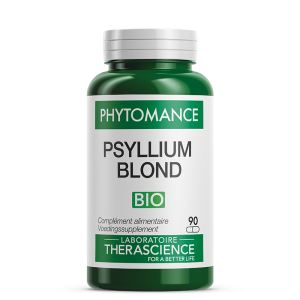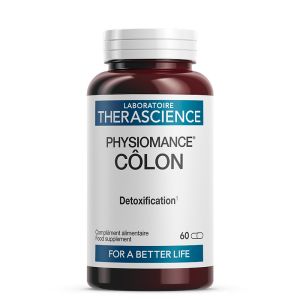ISPAGHUL / BLOND PSYLLIUM

Latin name:
Plantago ovata Forsk.
Plantago ispaghula Roxb.
Vernacular name:
Ispaghul, Blond psyllium,
Pink Plantain
Family:
Plantaginaceae
Origin:
Asia, India, Europe, North America
Part of the plant used:
Seeds and seed coat
Description
The ispaghul, Plantago ovata, is also called blond psyllium. Its very small seeds have earned it the name "flea grass".
Ispaghul contains 30% mucilages, including polysaccharides composed of xylose and arabinose. These polysaccharides are non-assimilable. However, certain mucilages of the blond psyllium can still be fermented by the bacteria of the microbiota. These bacteria then produce short-chain fatty acids (SCFA), which are less present in chronic inflammatory bowel disease (IBD). In addition, blond psyllium also contains iridoids such as aucuboside, which contribute to the anti-inflammatory activity of the plant.
Ispaghul slows down the absorption of sugars and reduces the increase in blood sugar levels after meals.
In addition, psyllium blond is considered a ballast laxative, indicated in the symptomatic treatment of constipation. This property is mainly due to the presence of mucilage. These swell and retain water while increasing the volume of the faecal bowl and contributing to the softening of the stool.
The benefits
- Ispaghul, rich in fibre, ensures the maintenance of a healthy intestinal microbiota.
- It also contributes to good digestion and intestinal transit, while promoting digestive comfort.
Our products based on Blond Psyllium = Ispaghul
-
€49.50
-
€30.90
-
€20.60














Recommandé par mon médecin, je l'utilise régulièrement, avec de tvoir plus
Avis du 28/09/2024, suite à une expérience du 11/09/2024 par Silvia S